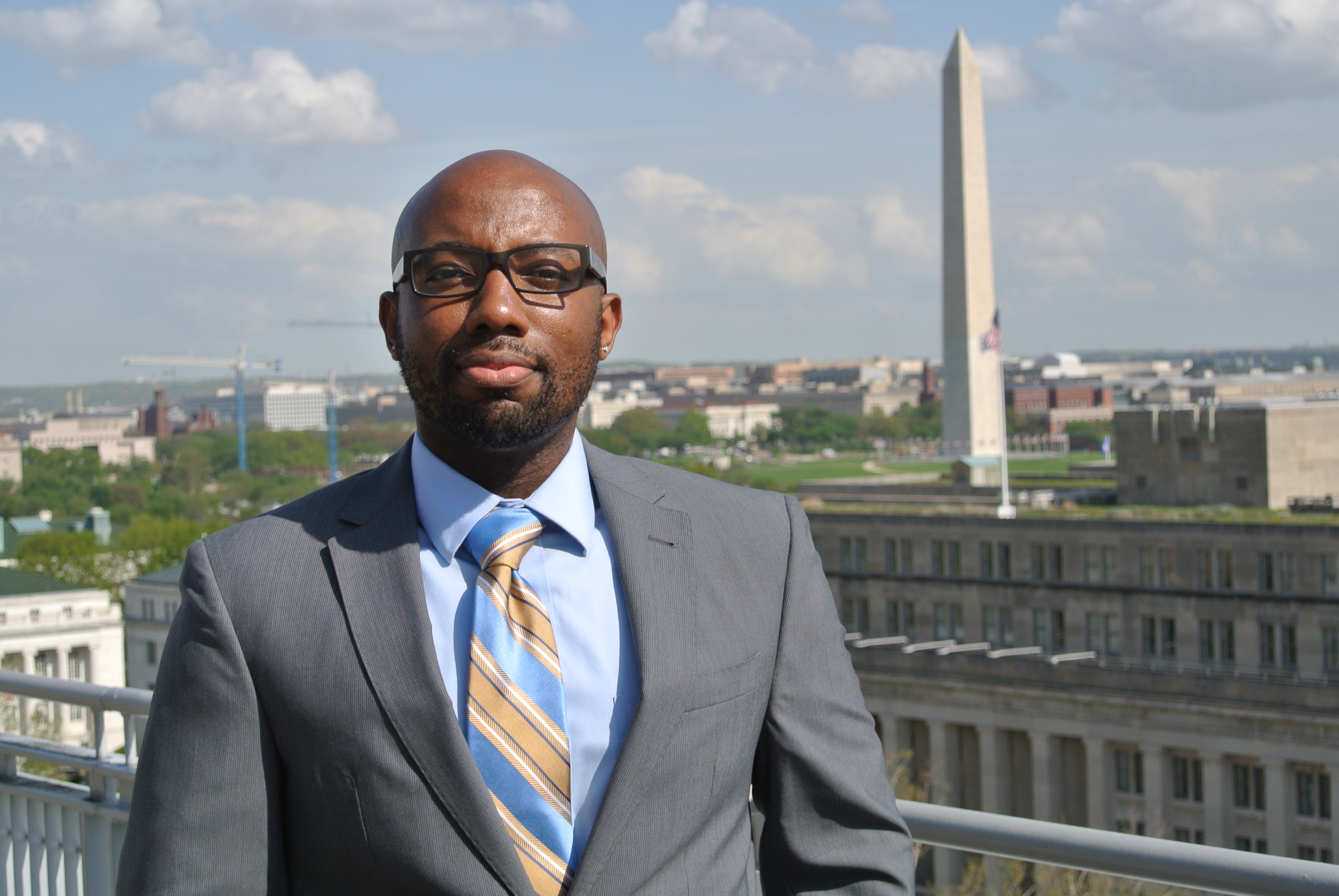This is a continuation of our "IANR is Global" series, which highlights the many ways internationalization is woven through the Institute of Agriculture and Natural Resources: through research collaboration, government and private industry partnerships, extension work, student educational experiences and the IANR community from around the world.
This edition is specifically focused on the many global voices we have or have invited to campus who will be sharing their expertise through seminars during fall semester 2020. Andre Bradley, deputy director of the USDA agricultural trade office in Mexico City, will be discussing global careers (of his own, and how students can begin theirs) on Wednesday, November 11 at 1:00 p.m. as part of the Institute of Agriculture and Natural Resources' Global Voices Seminar Series. We appreciate the expertise we are fortunate to have from all over the world, as shown by their many and varied contributions to the work of the university and our continued mission to create a globally engaged institution. To this end, we want to help our campus community get to know each other (and the world) more, starting with these experts.
Where is home for you? Where did you receive your education? Home for me is Vidalia, Georgia (also home to the famous sweet onion). I got my Bachelor of Science in Economics and Master of Arts in Applied Economics at the George Washington University.
Tell us a little about your path to where you are now. My path to becoming a USDA Foreign Service Officer is long and winding. I joined the U.S. Army directly after high school and served as an Arabic interpreter for six years. From there I took a position with the National Security Agency and continued to work as an intelligence analyst. After working in intelligence for so long, I felt the urge to do something different. I became educated in economics and landed an internship at USDA. I transitioned from being an intern to being a civil servant, then applied for the Foreign Agricultural Service’s foreign service program shortly afterwards. Now I’m serving as the Agricultural Trade Office Deputy Director in Mexico City.
What is something people don't know (or that you wish they knew) about where you're from or where you live now? People think that I was born into agriculture or have deep roots in farming. That’s not true at all. I’m an analyst at heart, and everything I learned about agriculture I learned on the job. It wasn’t my upbringing that led me here, it was my education.
Why is it important for institutions like the University of Nebraska to create opportunities to hear from people with diverse, global experiences? Because you don’t know what you don’t know, right? Some folks have heard about FAS and it’s foreign service, but not everyone has. And what about APHIS’s foreign service opportunities? Or FSIS?
What is one piece of advice you would share with students, especially those interested in an international career? Don’t limit yourself to what you know and what you thought you wanted to do in your career. Be open to new possibilities, and always be willing to challenge yourself.
Be sure to tune into our discussion with Andre at 1:00 p.m. CST tomorrow, November 11 and check out the rest of the events UNL has in store to celebrate International Education Week 2020!
---
Are you giving a seminar in fall 2020 (or the future) and have an international element to your work, studies or experiences you'd like to see highlighted? Contact Brianne at bwolf4@unl.edu.
